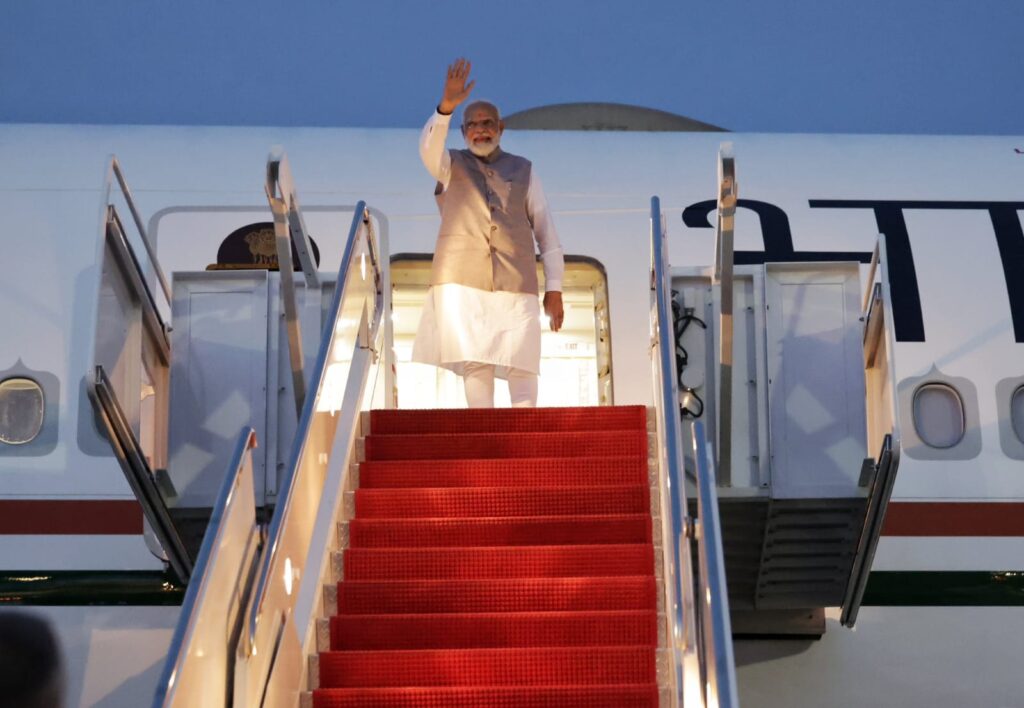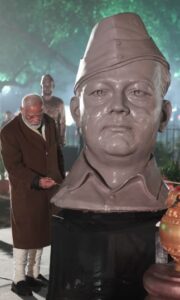Will BJP defeat NO-Confidence Motion? PM Modi to join debate

File Image source: @narendramodi official Twitter account
Union defence minister Rajnath Singh today informed the Lok Sabha that Prime Minister Narendra Modi will join the no-confidence motion debate on August 10. This is the second no-confidence motion against the BJP government in the Parliament. In 2018, the first no-confidence motion against the Modi govt was defeated by 325-126 votes.
Let’s look at the history of no-confidence motion in India now.
A No-Confidence Motion is a parliamentary procedure in India that allows members of the legislative body (either the Lok Sabha or a State Legislative Assembly) to express their lack of confidence in the council of ministers (government) led by the Prime Minister or Chief Minister, respectively.
If the motion is passed, it can lead to the resignation of the government, and in some cases, new elections.
The first no-confidence motion in Indian history took place in 1963 during the tenure of Prime Minister Jawaharlal Nehru. However, it was not successful and Nehru’s government continued in office.
One of the most significant and historic instances of a no-confidence motion occurred in 1979 during the tenure of Prime Minister Charan Singh. He was the head of a coalition government, and the motion was introduced by the opposition parties, primarily led by the Indian National Congress. The motion was successful, leading to the fall of Charan Singh’s government and triggering the 1980 general elections, which were won by the Indian National Congress under the leadership of Indira Gandhi.
Another notable no-confidence motion happened in 1999 when the Atal Bihari Vajpayee-led government faced a vote of no-confidence. The motion was brought about by the opposition parties in response to the government’s handling of various issues. The Vajpayee government survived the motion and completed its full term in office.
These are just a few instances of no-confidence motions in Indian history. Such motions play a crucial role in the democratic process, allowing the legislative body to hold the government accountable and ensuring that the government maintains the support of the majority.






